
Tics are, basically, involuntary movements of some parts of a person's body, usually located on the face, taking place frequently and quickly, resembling grimaces. One of the most well-known tick disorder in medicine is the Tourette's syndrome, manifesting through physical ticks combined with verbal ones.
Facts about Tics
First of all, ticks do not have an organized, repetitive pattern of onset. Rather, they happen abruptly and are non-rhythmic. Moreover, tick disorders are likely to appear during childhood and to disappear on their own, after a while. However, some people are forced to live with them for their whole lives, getting more and more complex.
There are two basic types of tics. The first ones are simple ticks, which are those that involve only several muscles or simple sounds while the second ones are complex, involving groups of muscles or complete verbal constructions. Therefore, simple tics are usually very short and fast like, for example, a blink of an eye. On the other hand, complex tics take more time and obstruct a person more, involving twisting, biting, whirling, performing obscene gestures etc.
As for the verbal tics, when these are simple they manifest through short, meaningless sounds like hissing, barking, throat clearing, sniffing and other such noises. Complex phonic tics make the sufferer pronounce words, phrases or even sentences involuntarily, through abnormal speech, vocal pattern, pitch, rhythm or accent. In 10% of tic disorders, tics are made of inappropriate and obscene words and statements. Also, there are verbal tics which manifest through repetition of the previously uttered sentence.
What Affects the Onset of Tics?
Usually, people with tic disorder can predict the onset of their tics through the way they feel. Additionally, anxiety, stress and other such states of mind and body tend to increase the occurrence of tics in a person suffering from this disorder. Some people have their ticks worsened when they are in their PMS, doing sports, taking stimulants or eating food with additives. Relaxation, on the other hand, through resting, sleeping or enjoying oneself can decrease the frequency of tics.
Causes of Tic Disorders
Even though, initially, experts believed that tics originated from emotional imbalances, today the whole focus is on physical and chemical factors. Yet, this condition is still a mystery.
Certain brain chemical disorders have been noticed in people with tics. Also, genetic transferability is possible. Nevertheless, certain tic disorders are triggered by the environment, so the outside factors are highly influential when it comes to this disorder too.
Finally, when your child is suffering from a tic disorder, it is best for you to understand this condition completely, have all the important tests done, ruling out any underlying causes, and work along with the child's therapists, teachers and other people who can help. When alternative methods fail, tics may be treated with medications.


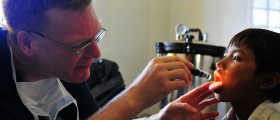




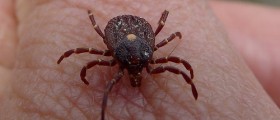

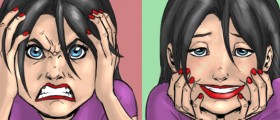
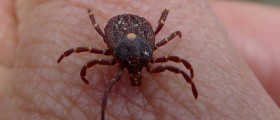


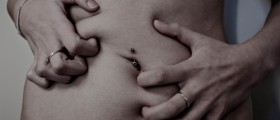


Your thoughts on this
Loading...